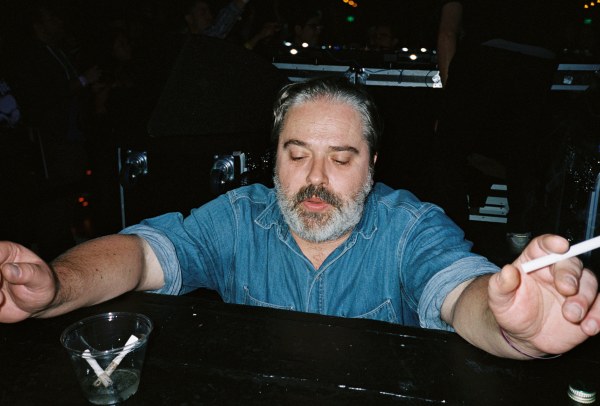Alan Braxe

Alan Braxe is a singular musician with a rare and restless spirit. His penchant for composition and melody commenced at an early age, with classical training in clarinet and cello. Braxe developed an omnivorous appetite for music in his adolescence, devouring everything from Alexander O’Neal to Heaven 17 and Public Enemy.
Before long, Braxe was producing his own viral strain of dance music using only a mixer, a compressor, and an Emu SP1200.
Within a year, a handful of Braxe’s early demos...
Alan Braxe is a singular musician with a rare and restless spirit. His penchant for composition and melody commenced at an early age, with classical training in clarinet and cello. Braxe developed an omnivorous appetite for music in his adolescence, devouring everything from Alexander O’Neal to Heaven 17 and Public Enemy.
Before long, Braxe was producing his own viral strain of dance music using only a mixer, a compressor, and an Emu SP1200.
Within a year, a handful of Braxe’s early demos attracted Thomas Bangalter’s attention, and Braxe’s debut single, “Vertigo”, was released in 1997 via Bangalter’s influential Roulé label. “Vertigo” was a hallmark of the emerging French Touch sound, and Braxe, Bangalter, and childhood friend Benjamin Diamond decided to join forces for a collaborative project. That project would be called Stardust, and their 1998 single “Music Sounds Better With You” — which they wrote and recorded in one week — arrived as an instant dance music classic, selling over 3 million copies, and earning the trio a canonical spot in the electronic music constellation.
Approaching the 20th anniversary of Stardust’s smash success and the Vulture label’s launch, Braxe again takes a radical turn in method. He strips his studio of all things digital and starts to experiment with a Buchla modular synthesizer, echoing his first setup’s minimalism.